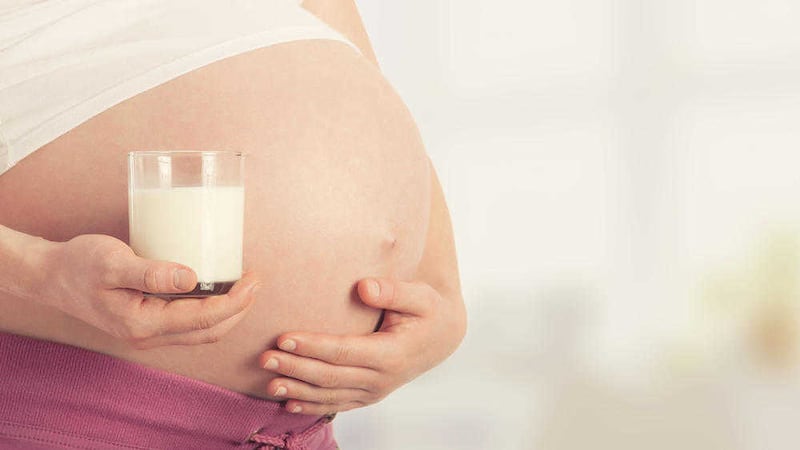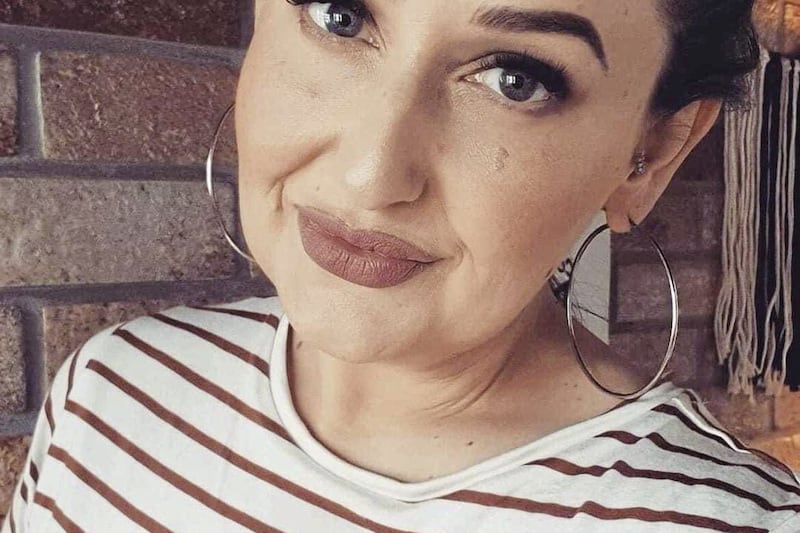A BABY’S gummy smile is deceptively bare, giving a sense that nothing much is happening. Quite to the contrary, by the time a baby is born there’s been a cascade of complex interactions going on under the baby’s gums that has caused all 20 of the milk teeth to start to grow.
A baby’s teeth begin to develop as early as six weeks after conception. The teeth develop from the top down, so the crown of the tooth is formed first and then the roots start developing, with the tip of the root being the final part to form.
The important nutrients for good tooth development are calcium, protein, phosphorous and the vitamins A, C, and D. So what is eaten during pregnancy has a major effect on how healthy his or her teeth will be.
For instance to make sure you get enough calcium, which is the main component of teeth, you can try eating dairy foods such as milk, cheese and yoghurt and vegetables such as broccoli and kale. It’s a myth that calcium is lost from the mother’s teeth during pregnancy – your body will actually take this mineral from your bones if you aren't eating enough.
Another mineral, phosphorous, accounts for the hardness of teeth. It’s found in many foods — especially high-phosphorous sources are meat, milk and cereals. Of all the nutrients your baby's teeth need, this is the easiest to get.
However, the body also needs vitamin D to absorb and retain calcium and phosphorous. Unfortunately very few foods contain it naturally – oily fish including salmon and tuna are the exceptions. The other way that your body gets vitamin D is when its exposed to sunlight. Furthermore it’s the action of a single protein that causes calcium-phosphate crystals to form tooth enamel. Meats and dairy products are the most protein-rich.
It’s best to seek professional medical advice if you are considering taking supplements during pregnancy. While it's unlikely you will ever receive too much of any given nutrient from your diet, you can overdo certain vitamins and minerals in pill form (vitamin D and calcium, for example).
Overall if you're pregnant, it's never too early to start thinking about what you are eating to ensure that your child's teeth get off to as good a start as possible.








